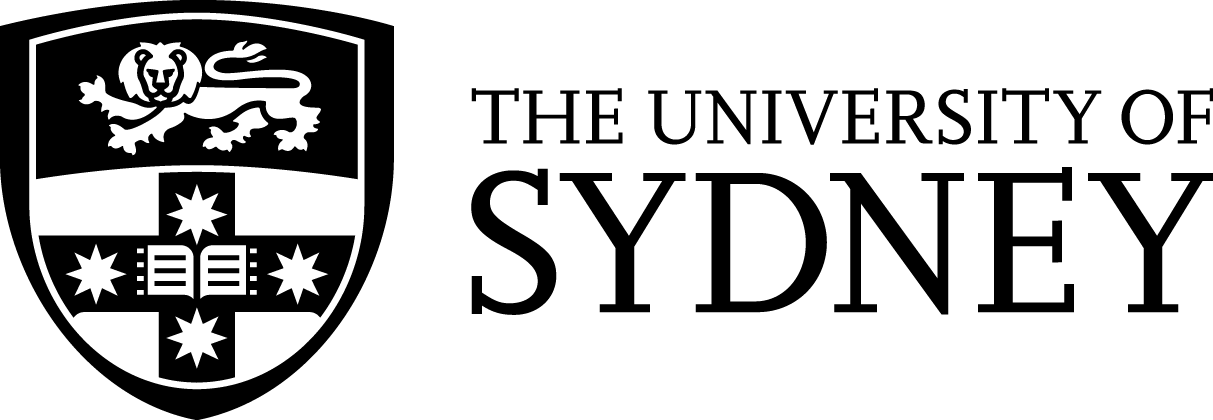
Artist and filmmaker Jessica di Costa reports on her time as Paris Residency Fellow.
All images: At work on Basic Tension, Jessica DiCosta (artist), Harleigh English (cinematography) and Jessica Meier (sound design).
My time in Paris at The Power Institute’s studio was an one of the most enriching and creatively influential experiences I’ve had to date. Being immersed in the city not only gave me access to its layered history and vibrant artistic communities, but also allowed for deep research and reflection that directly impacted my practice.
I began my residency with a period of intensive research, frequently exploring Paris’s vibrant and carefully preserved independent bookstores. These spaces were treasure troves—intimate, well-curated, and brimming with rare and limited-edition books. Many of these publications were thesis-level texts from artists whose practices aligned closely with mine, particularly those integrating theatre methodologies into visual or video-based work. These discoveries offered a theoretical and practical lens that influenced my own approach to video art, especially in terms of choreographing the body and narrative in non-linear ways.
I also delved into research on the Seine River, exploring its history, ecological importance, and the complex, evolving relationship it shares with the city. I was particularly drawn to the memory and mythology of the 1910 Great Flood, a so-called once-in-a-century event that brought Paris to a standstill. What struck me most was how, despite that historical trauma, the city today remains ill-prepared for a repeat. The looming possibility of another major flood, one that could paralyse infrastructure and displace thousands, feels eerily imminent. This vulnerability resonated deeply with my previous research on the Lismore floods in Australia.
The looming possibility of another major flood, one that could paralyse infrastructure and displace thousands, feels eerily imminent. This vulnerability resonated deeply with my previous research on the Lismore floods in Australia. This thematic overlap became the foundation for a major new work entitled Basic Tension.
This thematic overlap became the foundation for a major new work entitled Basic Tension. The project consists of a series of tableaux shot in small French towns based along the Seine. These staged moments evoke the uneasy balance between everyday life and omnipresent environmental danger. They embody the psychological tension we navigate daily—the subtle, persistent dissonance between knowing and choosing not to act. The work highlights our tendency toward a head-in-the-sand mentality, a quiet but dangerous form of denial that often defines our response to the climate crisis. Like Lismore, Paris exists in a suspended state, a beauty built on a fault line. This shared fragility became a crucial conceptual frame for the work.
Basic Tension is an evolving project. Over the coming year, I intend to continue filming new tableaux that expand both its emotional depth and geographic scope. The next phase will focus on sustaining a visual and conceptual tension in each frame—between spectacle and looming threat, between conscious awareness and quiet avoidance.
Another major point of inspiration came from engaging with Paris’s thriving 16mm film development scene. The analog film community here is alive and experimental, and I was fortunate to connect with individuals pushing the boundaries of what’s possible with celluloid. This hands-on engagement helped me further develop my technical proficiency, and I used this as a platform to begin experimenting with tactile, texture-driven filmmaking.
The residency has been incredibly beneficial in giving me the space and time to step back and reflect on my practice in a deeper way. [...] It offered a rare opportunity to listen more closely to my instincts and, in doing so, I began to find a clearer, more confident voice as a filmmaker—one rooted in both conceptual inquiry and material experimentation.
The residency has been incredibly beneficial in giving me the space and time to step back and reflect on my practice in a deeper way. Being removed from my usual environment allowed me to re-examine my creative process, clarify my intentions, and reconnect with what drives my work. It offered a rare opportunity to listen more closely to my instincts and, in doing so, I began to find a clearer, more confident voice as a filmmaker—one rooted in both conceptual inquiry and material experimentation.


People

Jessica Di Costa
Jess is a filmmaker and visual artist based in Sydney. Having graduated with a First-Class Honours degree from COFA (UNSW College of Fine Arts) Jess was 1 of 30 students selected nationwide to exhibit at the Perth Institute of Contemporary Art for her graduating film, Apartment Block No.10. In 2019, Jess received a scholarship funded by the San Sebastián International Film Festival to complete her masters in Film Creation at experimental film school, Elías Querejeta Zine Eskola in San Sebastián, Spain. Since returning to Australia, Jess has continued her practice with 16mm film, creating works which have screened and exhibited both nationally and internationally at film festivals and exhibitions as well as garnering accolades such as the inaugural TWT Excellence Award and the Tony White Memorial Art Award. In 2023, Jess was 1 of 50 international filmmakers selected to participate in PlayLab Film’s ‘Creator’s Lab’ with Apichatpong Weerasethakul (Memoria, Uncle Boonmee Who Can Recall His Past Lives) in Yucatán, Mexico. Her film, See Me Living, was 1 of 10 selected from the Lab for International distribution in 2024.
My project, FLOOD (working title) is a series of video artworks that examines the physical and cultural impacts of floods on local identity. Through this conceptual framework, I also aim to take advantage of the world-renowned facilities available in Paris which allow artists access to film developing laboratories. Here, I hope to advance my film processing techniques and experiment with alternative processing methods to create new tactile images from my 16mm film.
